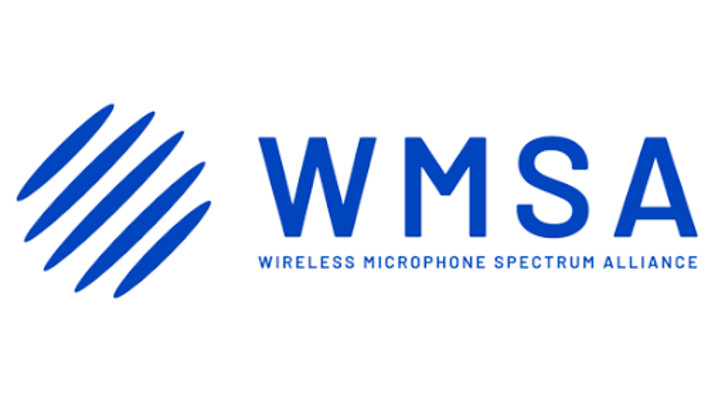McAdams On: Regulation Fail
The professional video industry's #1 source for news, trends and product and tech information. Sign up below.
You are now subscribed
Your newsletter sign-up was successful

Network neutrality is a solution without a problem, a debate of overly simplistic sloganeering and fueled by propaganda planted by digital behemoths like Google, Amazon, eBay and Facebook. But reality hardly matters. Somehow, Comcast charging Netflix for heavy traffic has been equated to the end of the Internet as we know it. There is absolutely zero evidence of this.
In fact, writes economist Tom Hazlett, “Networks routinely manage traffic and often bundle content with data transport precisely because such coordination produces superior service.”
So the Internet as we know it already has throttles If it didn’t, we’d all be knitting scarves while downloading SD episodes of “Fargo.” And now we’re expecting 4K content to be delivered online. Enforcing a hands-off policy on ISPs will surely motivate them to support that.
Now I am fully aware that as one of three citizens not on the payroll of an ISP who does not vigorously support network neutrality, I am setting myself up for pitchfork and torchery by its advocates. I’ve spoken up against it from the beginning, having witnessed Google literally start the whole mess. I also understand that net neutrality may be a fait accompli based on the steam-rolling momentum of Google-shaped public opinion.
I think this is unfortunate in the sense that rigorous analysis is being bypassed in favor of an emotional response.
I’ve seen nothing, for example, on the ramifications of regulating Internet service provision under Title II. What would the tax structure look like? Is this just a way for Google, et al, to get taxpayers to foot the bill for heavy traffic?
The other, perhaps far more relevant element to ISP regulation is that it hardly matters. The Internet itself is a frontier, as evidenced by the multiple sites that throttled the FCC itself after its circus of a vote on a net neutrality item.
The professional video industry's #1 source for news, trends and product and tech information. Sign up below.
Whatever Comcast, the FCC, et al, try to do to rein in the beast, someone is already coding a hack.
There’s innovation for you.
